A Quick Reference Guide on the Paycheck Protection Program
I have been asked by many small business owners in Bozeman, Montana and across my network about the Paycheck Protection Program (PPP) administered by the Small Business Administration (SBA).
The PPP was included in the Coronavirus Aid, Relief, and Economic Security Act (“CARES Act”), which was signed into law on Friday, March 27, 2020. The bill authorized PPP to administer up to $349 billion in forgivable loans to small businesses. It should be noted that the guidance being provided with regard to the PPP is changing by the minute and so any businesses looking for relief must consult their bank for the most current terms. As of April 8, 2020, over 380,000 applications have been submitted and over $100 billion has been allocated. The U.S. Senate is currently in negotiations to increase the amount authorized under the loan program but so far there has been push back on authorizing more funding for this program.
Below is a quick reference guide on the basic loan terms, which are the same for everyone applying to the program. The terms include:
+ Must be under 500 employees, unless business falls under certain industries that are subject to different employee thresholds
+ SBA’s affiliation standards are waived for small businesses:
in the hotel and food services industries
that are franchises in the SBA’s Franchise Directory
that receive financial assistance from small business investment companies licensed by the SBA
+ Includes nonprofits, veterans organizations, tribal concerns, self-employed individuals, sole proprietorships, and independent contractors
+ The loan becomes a grant, and is fully forgiven when at least 75% is used for payroll costs, and the other remaining amounts are used towards interest on mortgages, rent, and utilities over the covered period (February 15th-June 30th, although this could change under the guidance)
Forgiveness is also based on the employer maintaining or hiring back all employees and maintaining previous salary levels by June 30th. Forgiveness is reduced if full-time headcount or salaries and wages decline.
+ Payroll costs are capped at $100,000.00 on an annualized basis for each employee
+ Payroll costs include:
Salary, wages, commissions, or tips
Employee benefits including costs for vacation, parental, family, medical, or sick leave
Allowance for separation or dismissal
Payments required for the provisions of group health care benefits including insurance premiums
Payment of any retirement benefit
State and local taxes assessed on compensation
For a sole proprietor or independent contractor, it includes, wages, commissions, income, or net earnings from self-employment, capped at $100,000 on an annualized basis for each employee
+ Loan payments will be deferred for six months but interest will continue to accrue over this period
+ No collateral or personal guarantees are required
+ Neither the government not lender will be able to charge small business fees
+ The Interest Rate is fixed at 0.50% fixed rate
+ Loan is due in 2 years
+ No prepayment penalties or fees
When can small businesses apply?
Starting April 3, 2020, small businesses and sole proprietorships can apply
Starting April 10, 2020, independent contractors and self-employed individuals can apply
These loans are disbursed on a first-come, first-serve basis
Where do small businesses apply?
Any existing SBA 7(a) lender
Federally insured depository institution
Federally insured credit union
and Farm Credit System institution that is participating
Best bet is to contact your local lender or visit www.sba.gov for a list of SBA Lenders
Again, this post is intended to serve as quick guidance on the PPP. Please feel free to contact me with any questions or visit www.sba.gov or www.home.treasury.gov.
